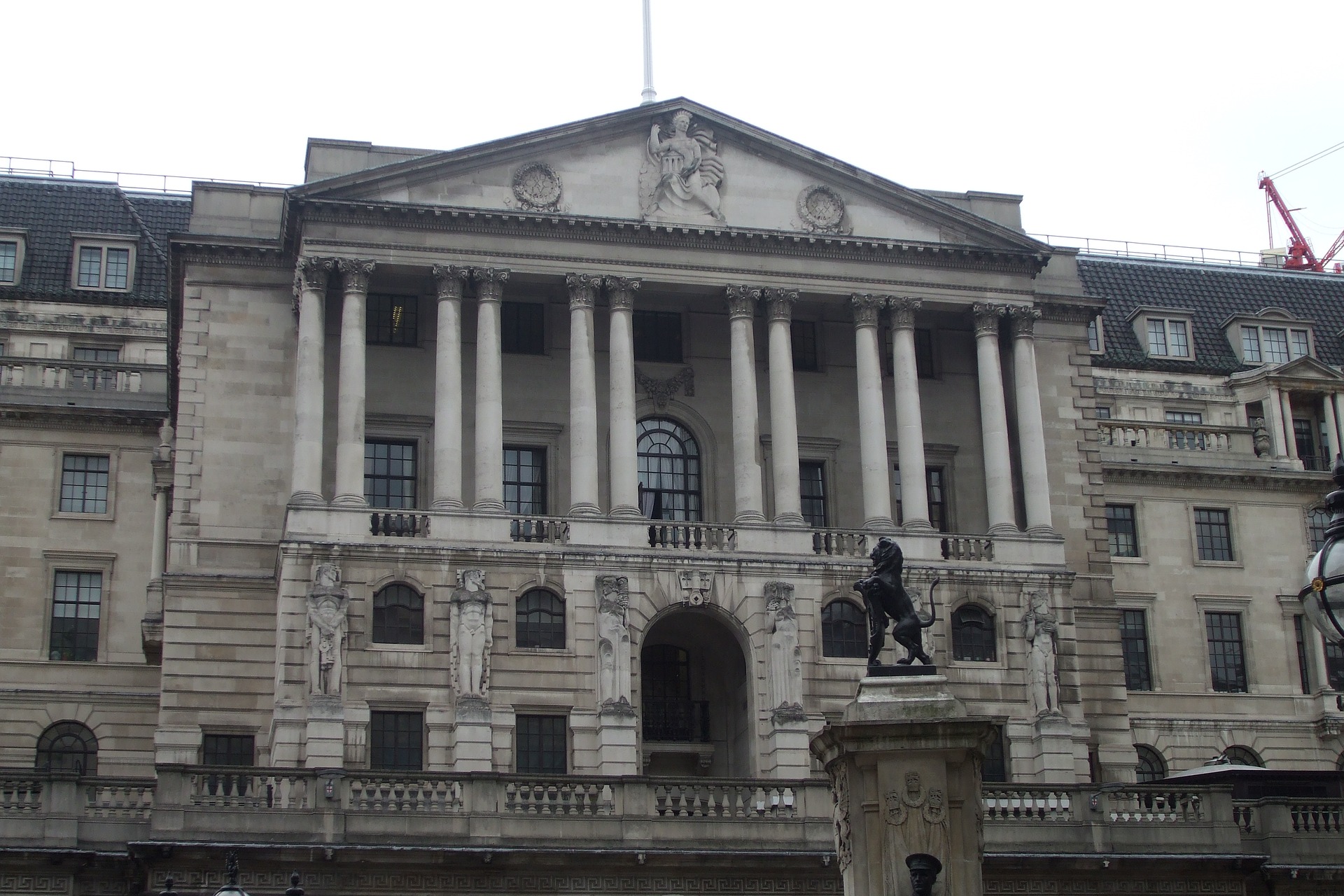Savings and mortgage base rates
Guide to the Bank of England’s base rate by Furness Building Society
What base rate rises mean for you
Rising inflation and interest rates can put significant pressure on families, so it’s natural to feel alarmed when the cost of living starts to creep up. With so much to consider when it comes to inflation, you may be wondering what savings and mortgage base rate rises mean for you. Or, more importantly, how you can best secure your finances for the future.
In this guide, we explain what the Bank of England base rate is, how the base rate affects mortgages and loans, plus whether or not interest will rise for savings accounts.

Making the most of base rate changes
Hopefully, you’ve found this guide to savings and mortgage base rates useful. If you’re currently looking to switch from a variable rate mortgage to a fixed-term mortgage, you can compare our current interest rates using our Mortgage Finder.
Alternatively, get in touch with our team on 0800 781 4311 for one-on-one advice:
Hoping to boost your savings? To take advantage of changing interest rates for savings accounts, use our Savings Account Finder to find the right account for you. If you currently have an ISA, then you might also find our ISA Season guide useful.
